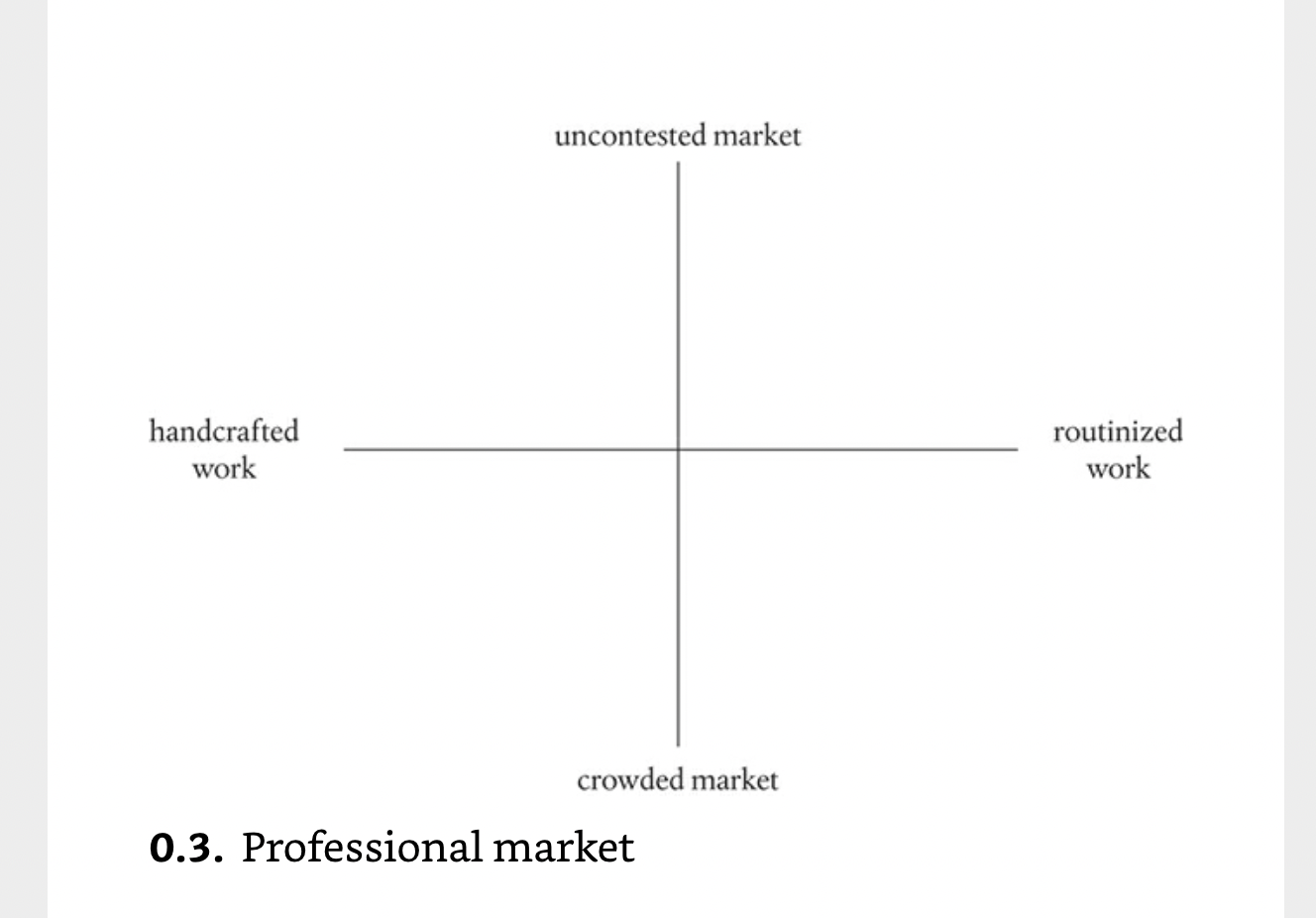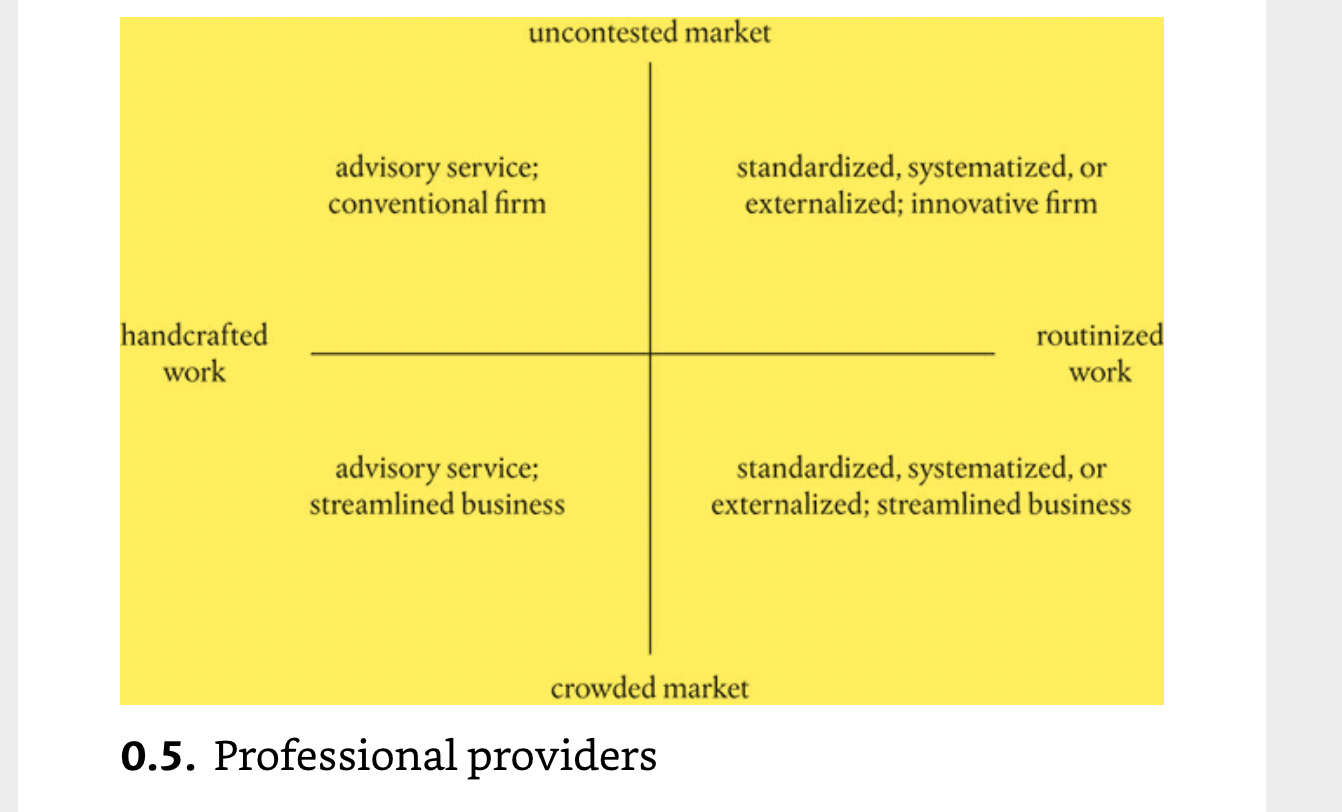“The Future of the Professions: How Technology Will Transform the Work of Human Experts” by Richard Susskind and Daniel Susskind.
A Summer Project
I am spending the summer fine-tuning, standardising and systematising most of my everyday lobbying work. After 25 years working in Brussels, I know the steps involved in any process – influencing the passage of a law, preparing a good position paper, or a pan-EU-wide campaign – are more or less the same. It is not exciting evening and weekend work. It is just standardising some of the many checklists, process charts, case studies, good documents, etc. that I’ve compiled over the last 25 years.
Sure the people, politics, issues, and emotions change, but the steps you need to take to influence outcomes positively are the same. But, there are few unique or special ‘situations’ where the unexpected happens. I’d estimate those cases are no more than 5%, and I am likely being too generous there.
I am doing this at 51 because I am no longer going to rely on my memory to carry out every one of the many steps involved in the processes I work on. I’ve put most of what I do into checklists, process charts, and templates to make things easier for me. It is easy to miss steps in the heat of events.
Why Lobbyists Can’t Escape Change
So, I was happy to stumble on Richard and Daniel Susskind’s book that shows that professions – lawyers, doctors, management consultants – are having to embrace change. As most professionals don’t like change, a lot of that change is being brought in by outsiders.
They state, “What is clear is that when work has been routinized, professional practice and substantive knowledge have been standardized (essentially, an advanced form of knowledge management), systematized (most notably, using AI techniques), or externalized (made available online)”. Most lobbying work for legislative or regulatory procedures could benefit from this.
Indeed, I believe it is possible to predict the outcome of many legislative and regulatory procedures early on from the existence or not of some key bits of information. I’ve tested this hypothesis by looking at and comparing the final outcome of what the Commission propose and what gets adopted on several pieces of ordinary and secondary legislation. I won’t publish the results.
The systems that model complex rules and reasoning processes exist today. For example, used well service providers like Vote Watch Europe can help you with unnerving accuracy European Parliament and comitology committee outcomes before proposals have even been published.
When Do Professions Need to Change
The authors note ” And, professional activity can be decomposed, that is, broken down into its constituent tasks, and, as we argue, the market will increasingly require that each task is undertaken in the most efficient way possible”.
What Professional Market Are You in
Most professionals like to operate as it if their services are handcrafted work with few if any other competitors. Here you can charge better rates for high-value work.
If you work shifts down from the top left to the bottom right – a market full of routine work and many service providers – your rates are likely to go down.

Some firms, like Deloitte, have made the jump and, with the aid of technology standardised and systemised their complex “UK rax work that once required handcrafting was systemised and externalised and Deloitte emerged as a market leader”.

Examples
Some of the companies harnessing and supporting the change:
and https://www2.deloitte.com/be/en.html